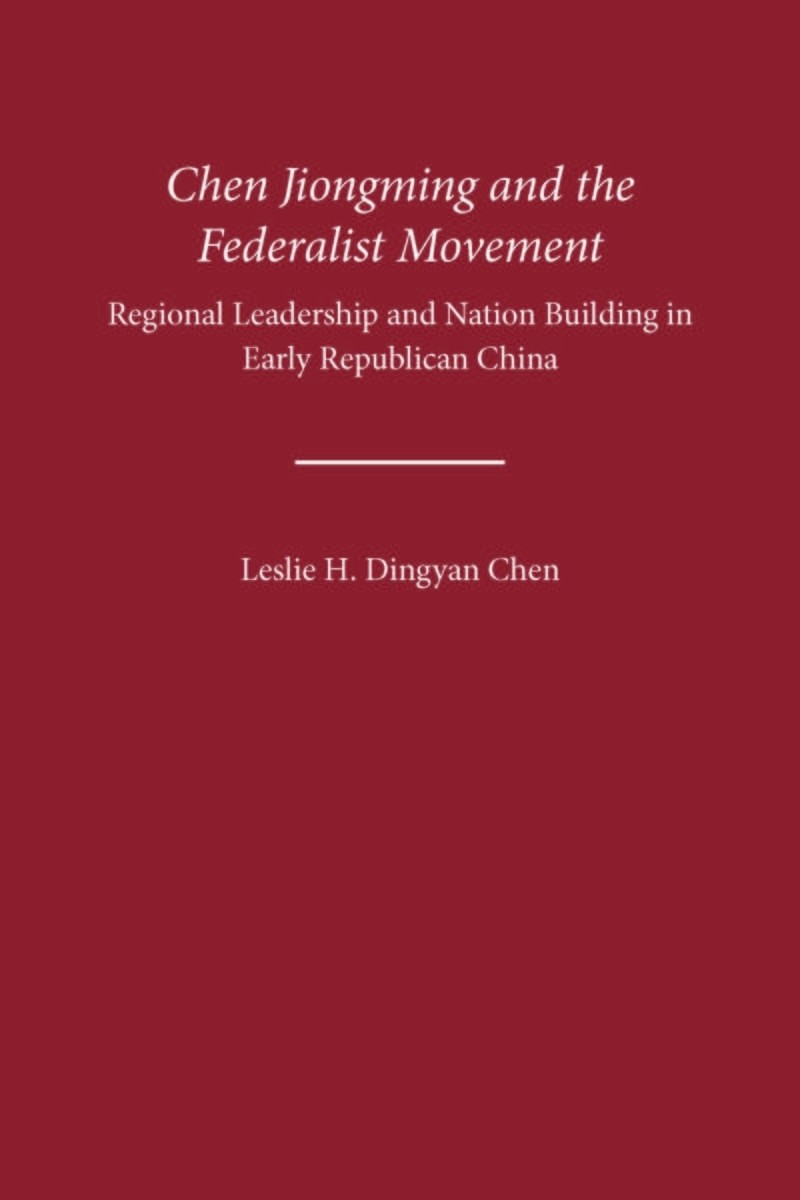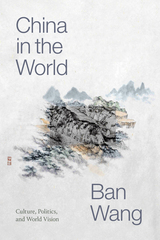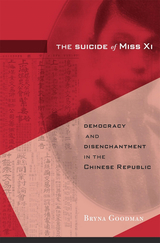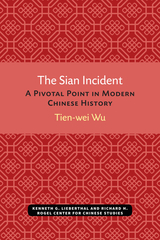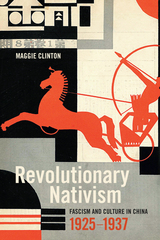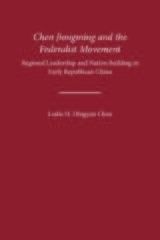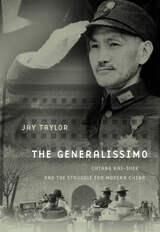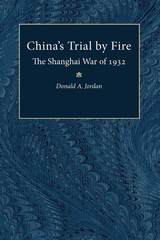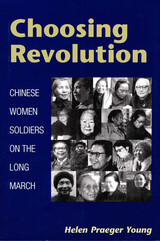Chen Jiongming and the Federalist Movement: Regional Leadership and Nation Building in Early Republican China
University of Michigan Press, 2000
Cloth: 978-0-89264-135-2 | eISBN: 978-1-938937-07-1
Library of Congress Classification DS777.488.C4833C44 1999
Dewey Decimal Classification 951.041
Cloth: 978-0-89264-135-2 | eISBN: 978-1-938937-07-1
Library of Congress Classification DS777.488.C4833C44 1999
Dewey Decimal Classification 951.041
ABOUT THIS BOOK | AUTHOR BIOGRAPHY | TOC | REQUEST ACCESSIBLE FILE
ABOUT THIS BOOK
The local self-government movement in China began in the late Qing, and by the Revolution of 1911 no fewer than five thousand self-government councils had formed around the country. While the early revolutionaries cherished the idea of a federated state, federalist and centralist leaders engaged in a growing conflict that culminated in the defeat of federalism in the mid-1920s. The story of this movement has since remained hidden behind Nationalist and Communist accounts of the early revolutionary struggle.
Chen Jiongming and the Federalist Movement reopens the record on federalist efforts from the perspective of the son of one of the movement’s key figures. Challenging the accepted accounts of the federalist movement, Leslie Chen focuses on his father Chen Jiongming's policies and administrative achievements in Fujian and Guangdong. Chen Jiongming played a key role in the tumultuous politics of southern China from 1909 until his death in 1933. He built a relationship and then notoriously broke with Sun Yat-sen, the leader of the centralist revolutionaries. Leslie Chen argues that his father's attempts to create a democratic federalist system in Guangdong were aimed at providing a model for China as a whole. His account is lively and readable; it gives an intimate, yet historically accurate, account of Chen Jiongming's considerable role in early twentieth-century Chinese history.
See other books on: 1866-1925 | 1878-1933 | 1912-1928 | China | Guangdong Sheng (China)
See other titles from University of Michigan Press
